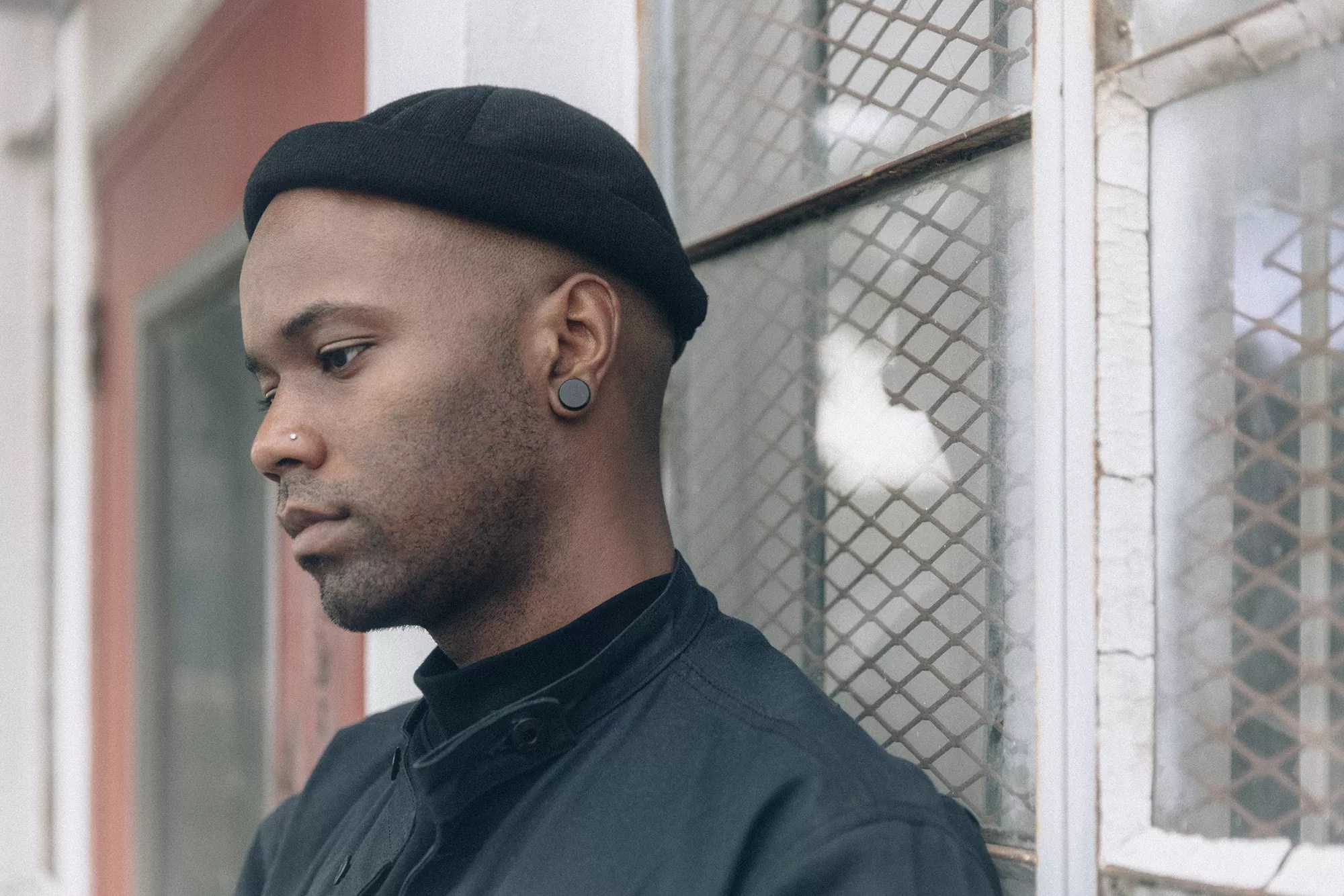
Dustin Cohen

Audio By Carbonatix
“How can I bring the blues of the past into the future?”
That’s what singer-songwriter/guitarist Carl Nichols, who performs as Buffalo Nichols, is asking himself. He’s not sure what the answer is.
“I guess that’s why I asked the question,” he muses. “Just keep writing songs, I guess.”
Nichols, who is based in Austin, says he rejects rigid rules that traditionalists use to establish blues music. He believes that once a musician attaches himself to the word “blues,” he then has to deal with the blues industry, which is heavily controlled by “gatekeepers” who book festivals and shows according to their idea of what the blues should be.
When news happens, Westword is there —
Your support strengthens our coverage.
We’re aiming to raise $50,000 by December 31, so we can continue covering what matters most to this community. If Westword matters to you, please take action and contribute today, so when news happens, our reporters can be there.
“I don’t want there to be these expectations of what [the style is] supposed to be,” he says. “I want to make sure the music comes from me, and not the regurgitation of someone else’s interpretation or ideas.”
That’s not to say that Nichols doesn’t respect the tradition. While he feels it’s important to stay true to himself and the past, he avoids stereotypes that he sees in a lot of current blues music, adding that when you’re making cultural music for mass consumption, you can’t control who will listen to it.
“I’m just working hard as a songwriter to find the right balance between making this cultural music and realizing [that those] outside the culture are the ones who are largely going to consume it,” he explains.
Nichols was born in Houston but raised in the north end of Milwaukee. Although he was not brought up in a religious household, he cut his musical teeth playing in local church bands before joining different Milwaukee acts in a variety of genres, from gospel to West African to death metal. He says he may move on to another style one day, but the blues have always been close to his heart.
“I don’t really consider myself a bluesman,” he says. “I’ve always been a guitar player, basically, so anything you can play on guitar, I’ve tried it. I’m a lifelong musician, and this is just a phase in my career. The blues have always meant a lot to me. Right now I’m becoming known for playing blues, but I’ve done a lot in my life.”
Nichols is the first solo blues player signed to Fat Possum Records in nearly twenty years, and he released a self-titled full-length album with the label in October. Although he shares a roster with legends like R.L. Burnside and T-Model Ford, he doesn’t consider himself as much of a bluesman as his predecessors. He’s happy to see his name on the same label, however.
“It feels good,” he says. “Obviously, I don’t get to meet any of those other guys, but it’s still cool to see myself up there.”
Nichols sees the blues as an expression of the life of Black Americans. On his Fat Possum debut, his hope was that Black people would see the music as a reflection of themselves and their experiences. Most American roots music originated from Black people, he notes, but the face of the music has changed over time.
“One of the buzzwords of the last few years has been ‘representation,'” he says. “If people don’t see people like them doing it, they don’t see where they fit into it, and they don’t take interest in it. It’s not exactly about what I say, but the fact that I’m there doing it. I hope it gives people an invitation: It’s yours to take part of.”
Nichols adds that Black stories aren’t always told responsibly in the blues genre as of late. The repertoire and language of the blues comes from a different time, he says, and while there is nostalgia for a certain era of the blues, some artists don’t realize that it both stems from and belongs to a specific group of people. If a musician in 2022 decides to play songs written in the 1940s, that musician might not understand the songs’ context. He’s not naming names, but there are instances of current artists playing blues songs in recent years that don’t always sit right with him. Some of the older music was made by isolated rural people, he says, and wasn’t necessarily meant to be heard outside of the region where it originated.
“I think if you ask a Black person, they can tell you what the song means,” Nichols says. “There are certain white artists who haven’t bothered to understand the culture involved. It comes off as offensive.”
The blues did, however, spawn an enormous amount of popular music and new genres, such as rock and roll, nationwide and across the world. That’s the beauty of it, Nichols explains, adding that blues music can be composed and performed responsibly, and creatively transformed into a musician’s own sound.
“If you just tried to imitate what they were doing, it doesn’t work,” he concludes. “That’s not even along racial lines. Black, white – if you’re just copying what [previous musicians did], it doesn’t work. It worked for them because it came from them.”
Buffalo Nichols plays the Gothic Theatre, 3263 South Broadway in Englewood, on Thursday, February 3, at 8 p.m.; tickets are $25. His self-titled album is available at fatpossum.com.